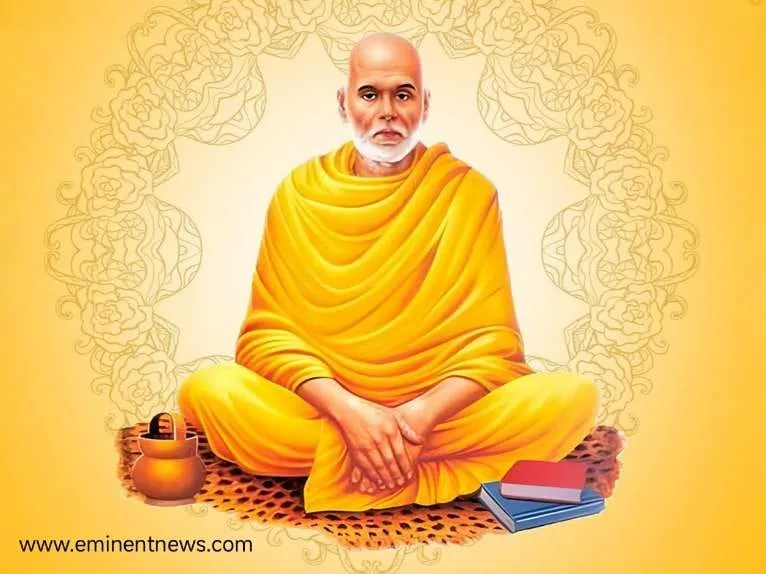The Raisina Dialogue is India’s flagship conference on geopolitics and geo-economics, held annually in New Delhi . The 2025 edition took place from March 17-19 .
Here’s a summary of the key details:
- Theme: The theme for the Raisina Dialogue 2025 was “Kālachakra – People, Peace, and Planet” .
- Inauguration and Keynote: Prime Minister Narendra Modi inaugurated the Dialogue . New Zealand Prime Minister Christopher Luxon was the chief guest and delivered the keynote address .
- Participants: The conference hosted over 3,500 delegates from 125 countries, including ministers, former heads of state, industry leaders, and experts from top think tanks .
- Key Discussion Areas: Discussions focused on six key thematic pillars :
- Politics Interrupted: Shifting Sands and Rising Tides
- Resolving the Green Trilemma: Who, Where, & How
- Digital Planet: Agents, Agencies, and Absences
- Militant Mercantilism: Trade, Supply Chains & Exchange Rate Addiction
- The Tiger’s Tale: Rewriting Development with a New Plan
- Investing in Peace: Drivers, Institutions, & Leadership
- Focus on Global Issues: The dialogue served as a platform for leaders to discuss pressing global challenges, including the Russia-Ukraine war and the changing dynamics of U.S. foreign policy .
- U.S. Foreign Policy: A significant focus was expected on U.S. foreign policy shifts under President Trump, including the Ukraine war, relations with Russia, trade tariffs, and the U.S.’s Indo-Pacific strategy .
- Quad Panel: A Quad panel, including senior navy leadership from India, Australia, Japan, and the U.S., discussed maritime cooperation .
- Indian Diplomacy: The presence of foreign ministers from Bhutan, Nepal, and the Maldives highlighted India’s growing diplomatic ties in the region .
- Historical Significance: Started in 2016, the Raisina Dialogue aims to promote international cooperation and dialogue, positioning itself alongside major global forums like the Munich Security Conference .
Topics discussed at the Raisina Dialogue 2025:
The Raisina Dialogue 2025 covered a wide array of global issues, with a particular emphasis on :
- Geopolitics and Geoeconomics: Discussions centered on shifting global power dynamics, including the rise of China, the future of globalization, and digital governance .
- US Foreign Policy under President Trump: Discussions covered American foreign policy, including the Ukraine war, relations with Russia, trade tariffs, and the U.S.’s Indo-Pacific strategy .
- Climate Change: Discussions included dealing with challenges of the changing climate .
- Global Security: Discussions included ways to deal with threats to global security for a lasting peace .
- Technological Disruptions: The dialogue addressed the role of artificial intelligence .
- Trade and Supply Chains: Discussions addressed militant mercantilism .
- Development of the Global South: The dialogue addressed the need to refocus on the development of the Global South .
- Maritime Cooperation: A Quad panel discussed expanding maritime cooperation .
- Ukraine War: The dialogue addressed developments in the Russia-Ukraine war, with the participation of European leaders and Ukraine’s Foreign Minister .
six thematic pillars under ‘Kālachakra’ :
Under the theme “Kālachakra – People, Peace, and Planet”, the Raisina Dialogue 2025 addressed several interconnected global challenges, structured around six thematic pillars :
- Politics Interrupted: Shifting Sands and Rising Tides:
- Examining the changing dynamics of global power .
- Addressing challenges to traditional international relationships and institutions .
- Resolving the Green Trilemma: Who, Where, & How:
- Addressing climate change with a focus on stakeholders and resource distribution .
- Balancing economic growth with environmental sustainability .
- Digital Planet: Agents, Agencies, and Absences:
- Exploring the transformative impact of technology on governance and economies .
- Addressing ethical concerns and cybersecurity risks related to AI .
- Militant Mercantilism: Trade, Supply Chains & Exchange Rate Addiction:
- Analyzing the rise of economic nationalism and protectionism .
- Developing strategies for resilient global trade systems in fragmented economies .
- The Tiger’s Tale: Rewriting Development with a New Plan:
- Highlighting the role of the Global South in shaping new development paradigms .
- Promoting sustainable economic growth and inclusive global partnerships .
- Investing in Peace: Drivers, Institutions, & Leadership:
- Examining emerging security threats .
- Addressing the role of new technologies and non-state actors in conflict dynamics .
- Identifying the leadership needed to ensure global stability and peace .



























